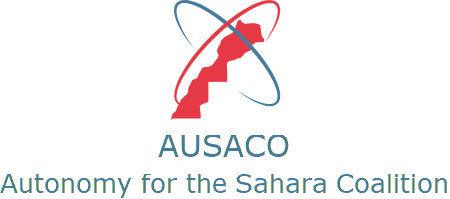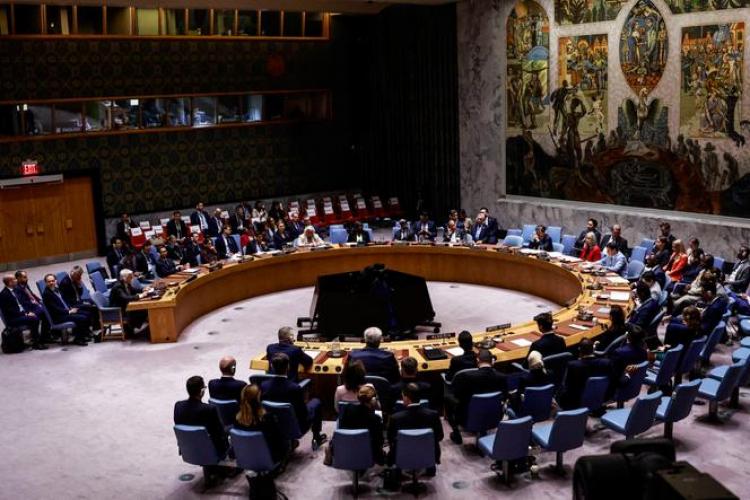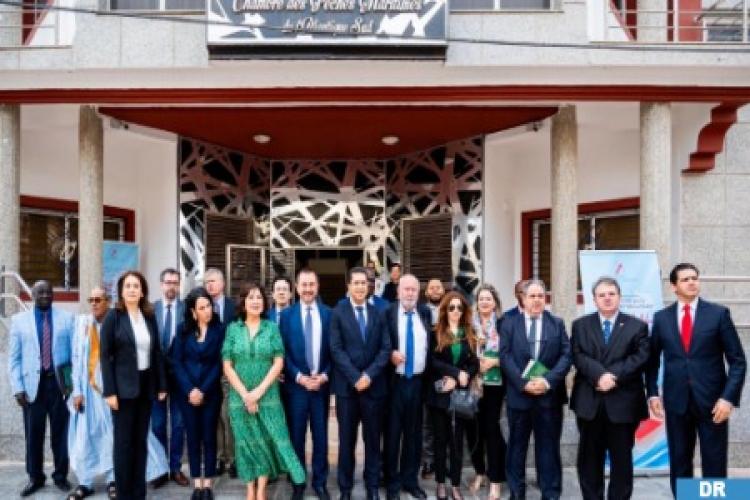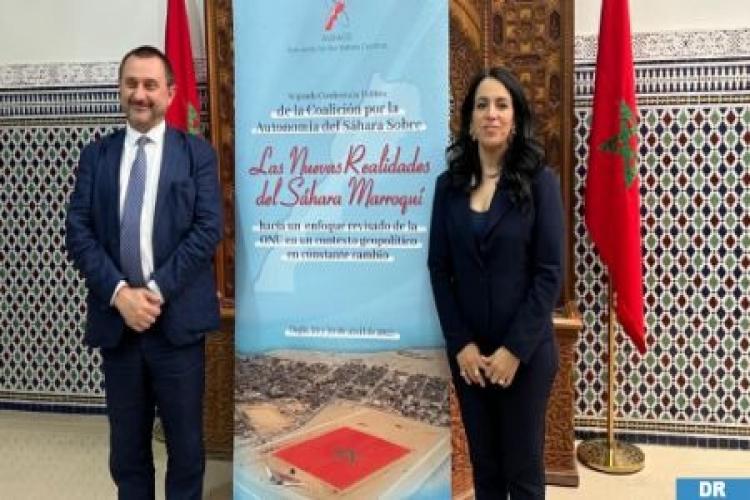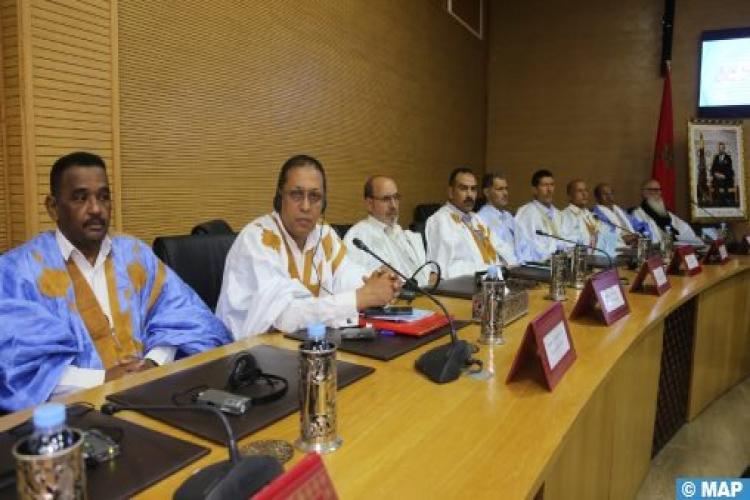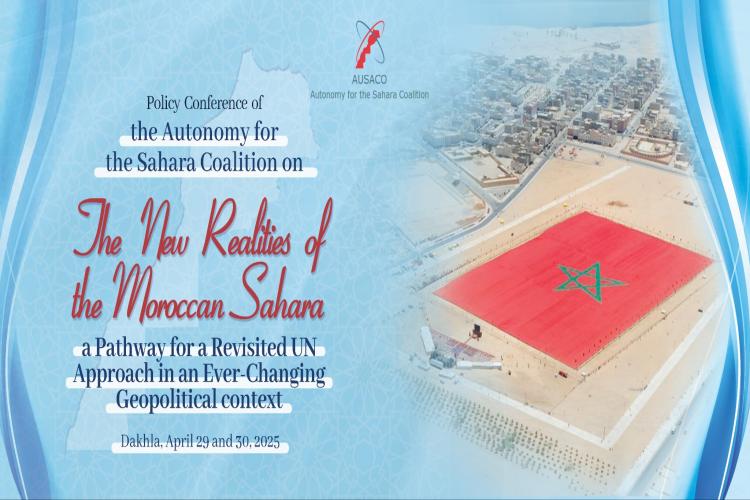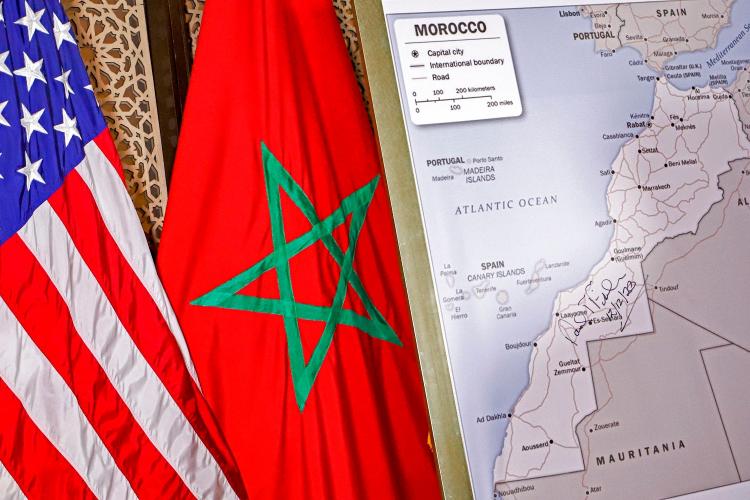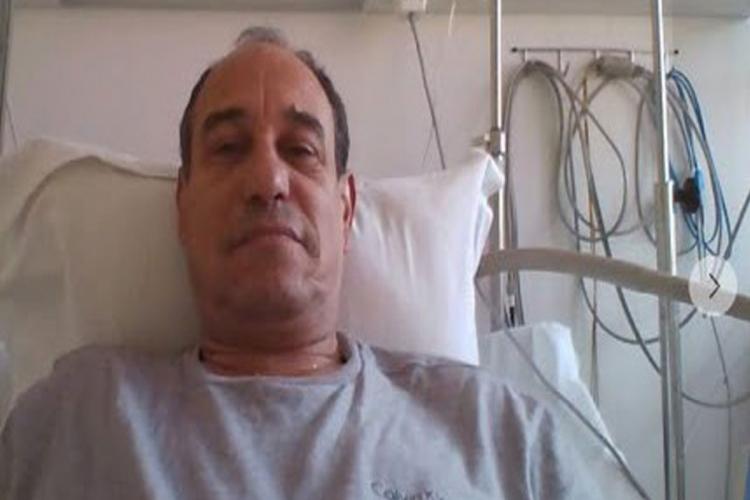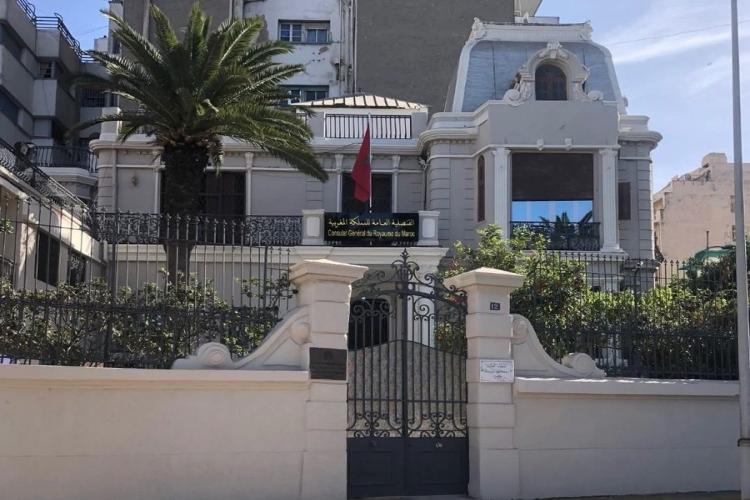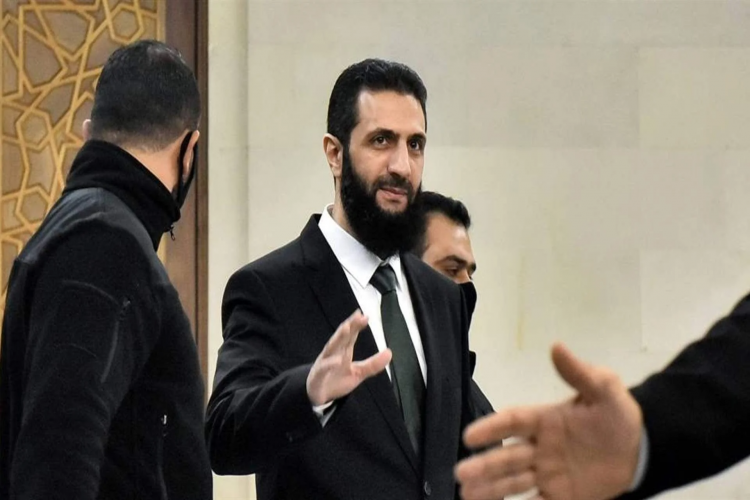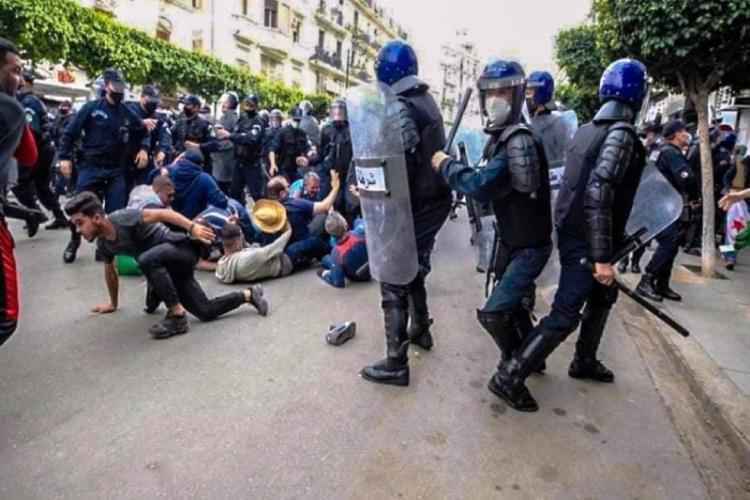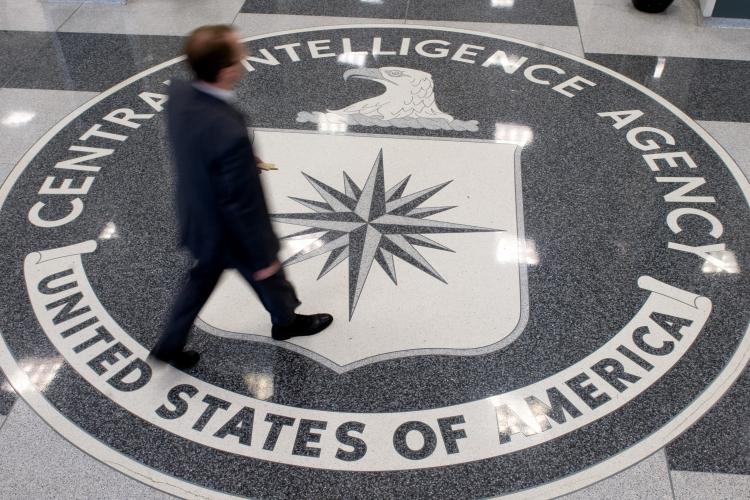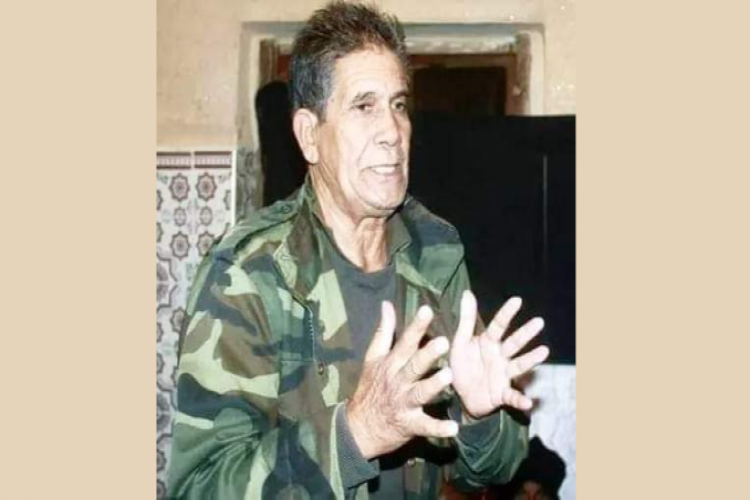Resolution 2797: Security Council Seals Triumph of Autonomy Under Moroccan Sovereignty, Mohammed VI Extends Olive Branch to Algeria
The adoption of Resolution 2797 by the United Nations Security Council on October 31, 2025, marks a pivotal moment in the longstanding Western Sahara dispute. By establishing Morocco's autonomy plan as the "basis" for any political solution, the UN text confirms a profound shift in international perspectives on this issue. For the first time, the option of autonomy under Moroccan sovereignty has emerged as the central path forward, effectively sidelining the independence referendum.
